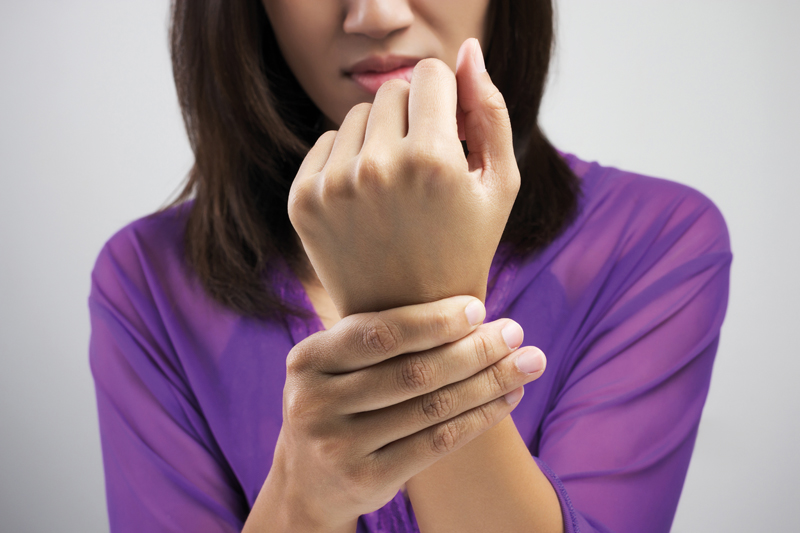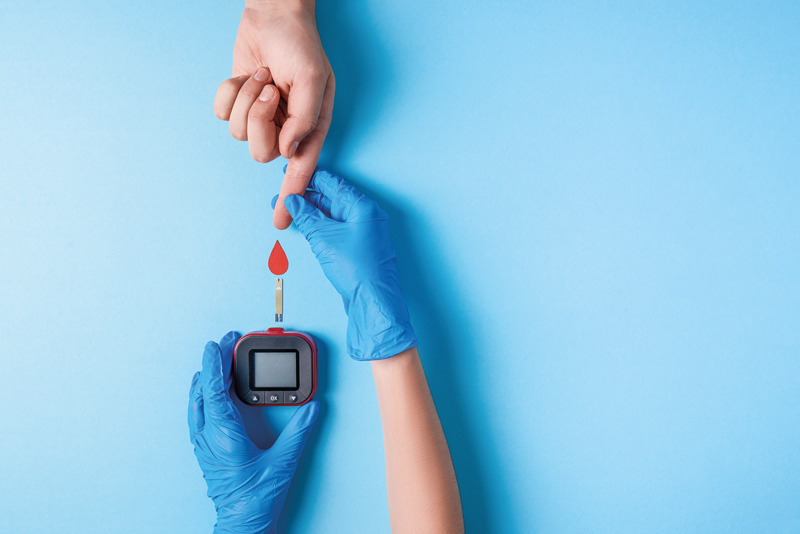What to do if you constantly feel tired and sleepy during the day? What is the reason for these problems? How can you deal with lethargy and apathy? Here are a few causes of chronic fatigue and how to address them:
1. Too little sleep
It may sound banal, but lack of sleep can be the main cause of constant fatigue. Lack of sleep affects both concentration and health. An adult should sleep 7-8 hours a day.
What to do?
It is important to make a healthy full sleep one of your good habits. It is advisable to remove all interfering objects from the bedroom, such as a mobile phone. If you have trouble falling asleep, you can try mild over-the-counter sleeping pills, but it's best to check with your doctor about this.

2. Too little energy
Fatigue can cause malnutrition. Improper nutrition refers to unhealthy food or lack of calories.
What to do?
A balanced diet will be the solution to the problem. A full breakfast is required every day. Meals throughout the day should contain complex carbohydrates and protein. It is important to remember that this is the right diet that maintains proper blood sugar levels and protects a person from sudden energy shortages when sugar levels plummet.

3. Anemia
Anemia is more common in women. A significant drop in iron levels leads to the development of anemia, and this element is necessary for the proper transport of oxygen throughout the body.
What to do?
If anemia is caused by iron deficiency, it must be supplemented with appropriate drugs.

4. Caffeine
People often choose caffeine to combat fatigue. However, too much of it can cause a noticeable increase in heart rate, muscle tremors and irritability. Studies have shown that too much caffeine can also make some people tired.
What to do?
If a person consumes too much caffeine, the amount should be reduced gradually. You need to reduce the amount of coffee, strong tea, caffeinated supplements you drink. It is important to do this smoothly, as a sharp refusal of caffeine can lead to the appearance of an abstinence syndrome - caffeine "starvation".

5. Diabetes
In people with uncontrolled diabetes, sugar stays high in the blood instead of delivering energy to the cells. As a result, the body functions at the expense of reserves, without the use of sugar from food. If a person has to experience frequent unexplained fatigue, as well as intense thirst and frequent urination, this is a reason for a mandatory visit to a doctor to be screened for diabetes.
What to do?
Contact a doctor. Diabetes is a serious disease that needs to be diagnosed and treated promptly.
6. Dehydration
Fatigue can be caused by dehydration. Even if a person does not engage in intense exercise, but works at a computer, his body needs water. Frequent feeling of thirst is a symptom of dehydration.
What to do?
Remember to drink at least 2 liters of water a day. When playing sports and other physical activities - should be even more.
7. Heart problems
If fatigue appears during daily activities with which there were no problems before, this may indicate a heart problem.
What to do?
Tell your doctor about your problem. Lifestyle changes and appropriate treatment should help overcome this situation.

8. Food allergies
There are opinions among doctors that certain foods can cause drowsiness and fatigue. These are symptoms of a food intolerance.
What to do?
Try to see if you get tired after eating certain foods. If yes, then you need to eliminate them from your diet and see if you feel better after that. In addition, you can do a food allergy test.

9. Hypothyroidism
The thyroid gland is a small organ at the base of the neck. The hormones it releases are extremely important for proper metabolism and energy formation. In the event of a malfunction of the thyroid gland, namely hypothyroidism, a person's metabolism can slow down significantly, he will feel tired and gain weight.
What to do?
See a doctor and have your thyroid hormone levels checked. If the problem turns out to be hypothyroidism, the doctor will prescribe the appropriate treatment (in this case, taking drugs that increase the level of thyroid hormones).
10. Depression
Depression can have many symptoms. One of them is fatigue. May be accompanied by headaches, weight loss. If a person constantly feels tired, has a depressed mood, depression may be a possible diagnosis.
What to do?
Contact a doctor. Depression is nothing to be ashamed of and can be effectively treated.
If fatigue is not caused by any medical problem, sports can be a good way out. Studies show that exercise in healthy adults significantly improves their well-being and reduces fatigue. Exercise doesn't have to be intense. Just 30 minutes of walking, cycling or stationary cycling performed regularly at least 3 times a week is enough to significantly reduce daily fatigue. Worth a try!


 DOWNLOAD
DOWNLOAD LOOK
LOOK Top Content of the Month
Top Content of the Month


